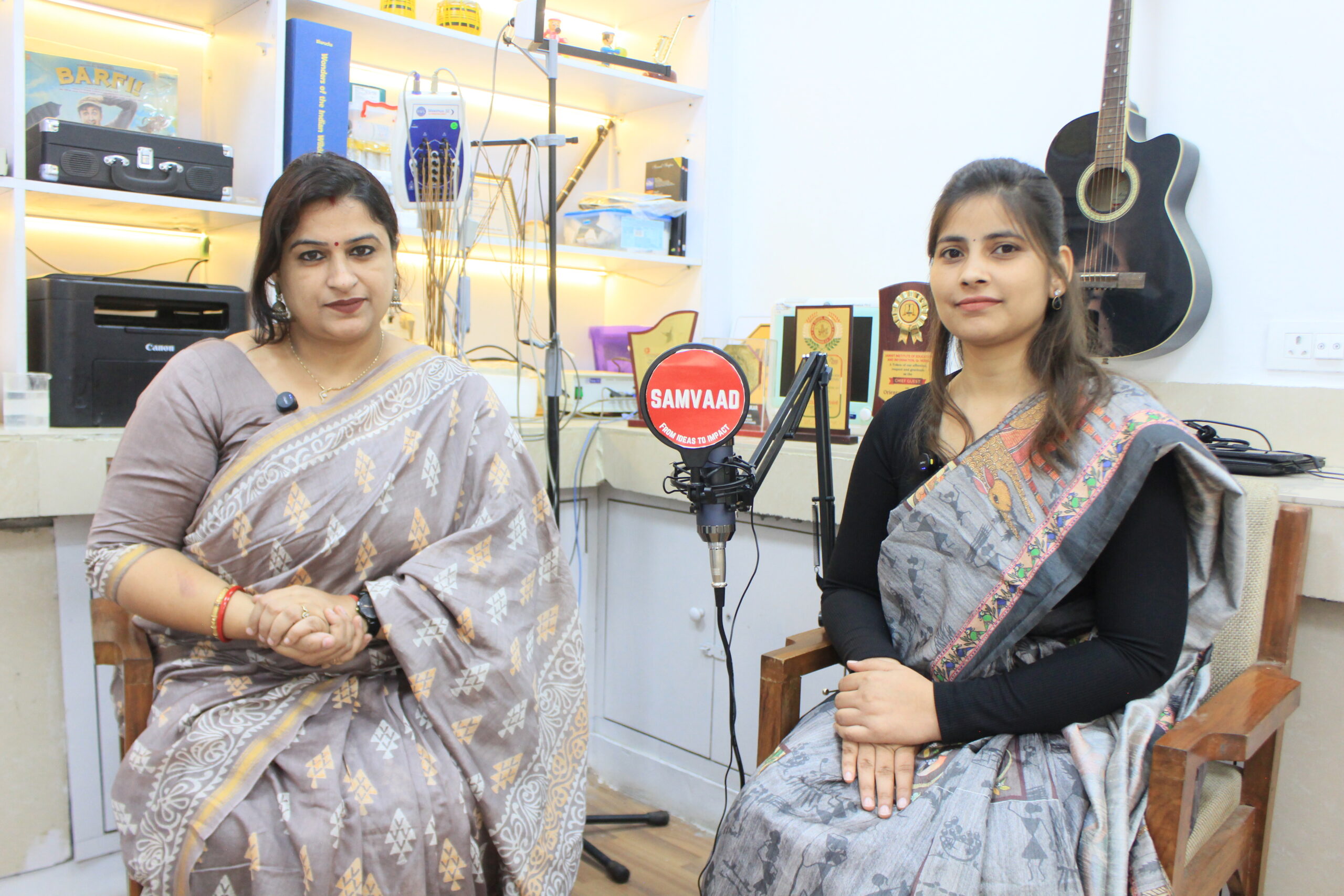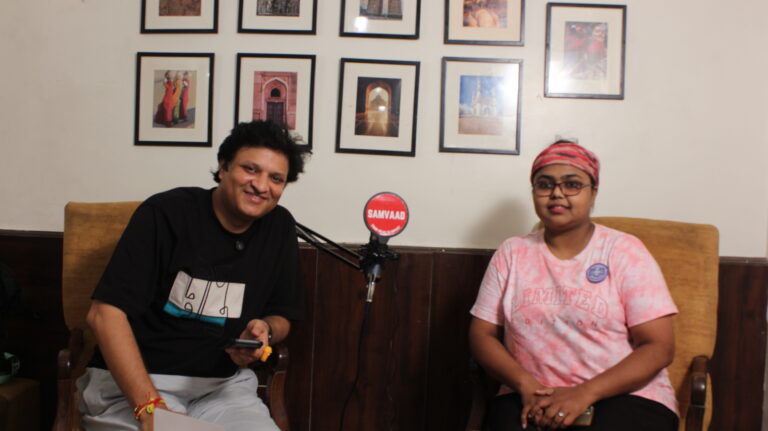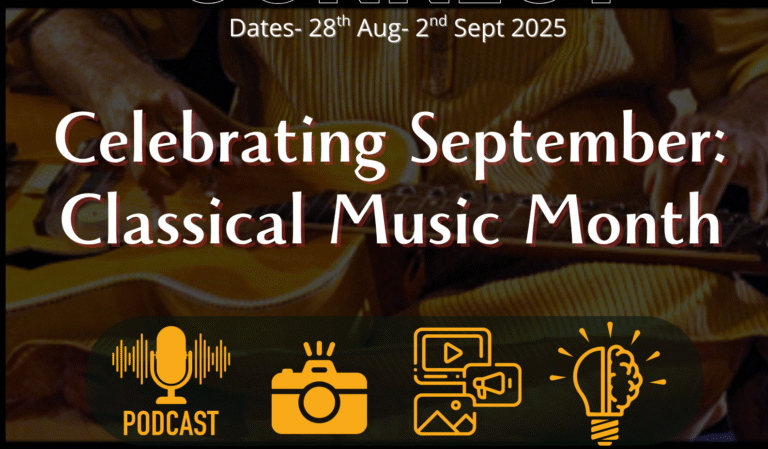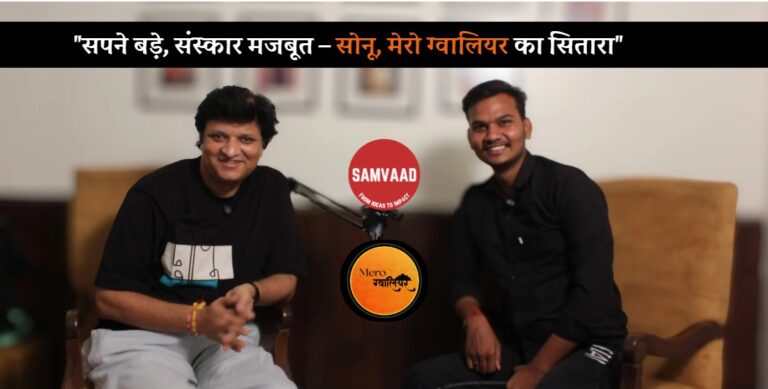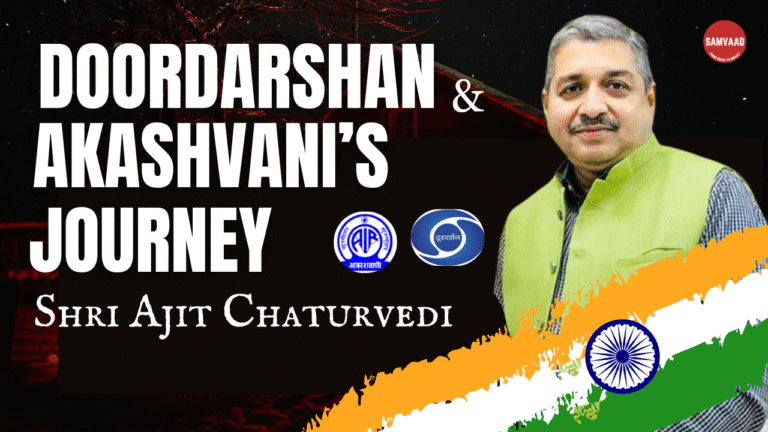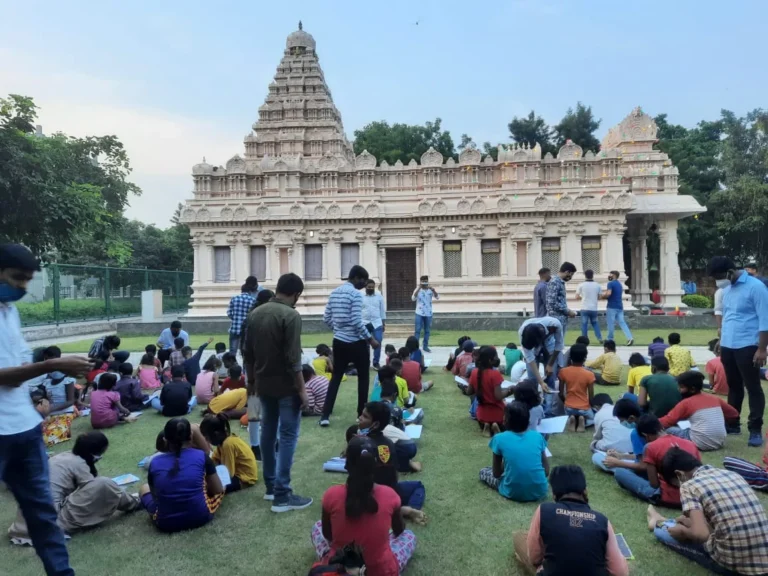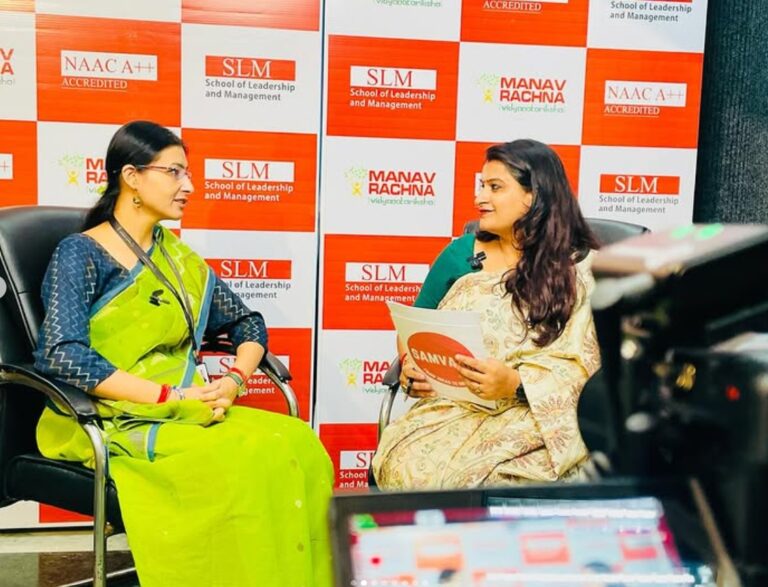Healing Through Sound: SAMVAAD Connect Podcast with Jyoti Sharma on Bio-Musicology & Music Therapy
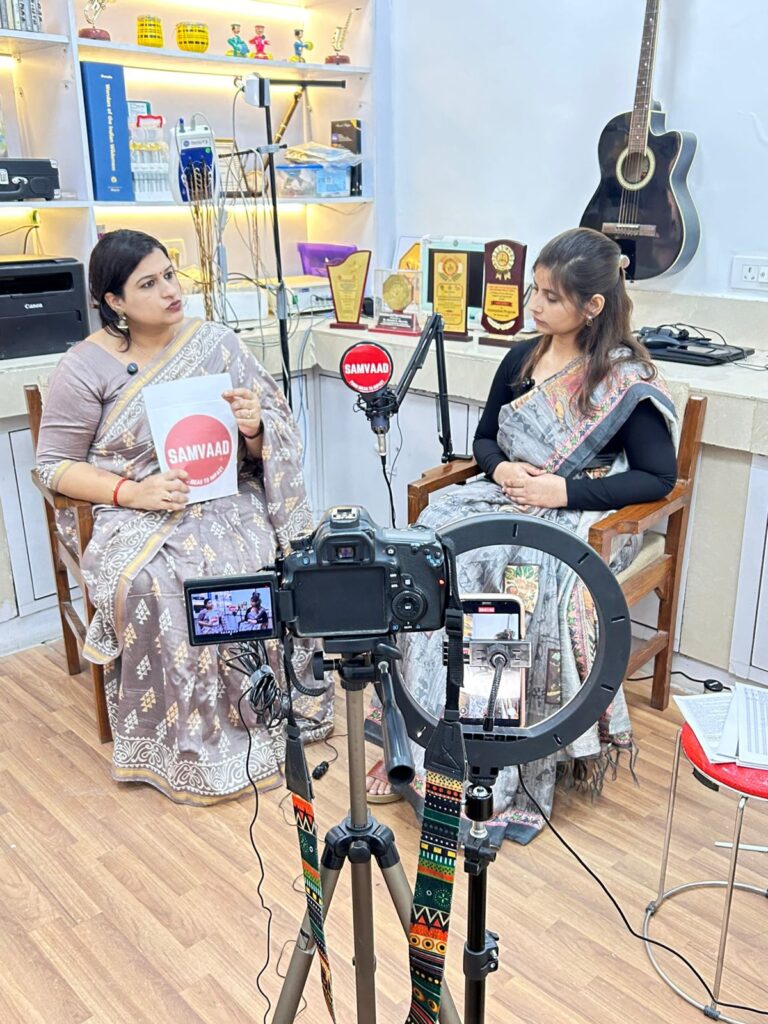
In continuation of its efforts to create awareness around mental health, resilience, and the healing potential of music, SAMVAAD Connect recently recorded a special podcast with Jyoti Sharma, Research Associate (DST-CURIE) and Research Head – IAMT. Jyoti has been at the forefront of path-breaking work in bio-musicology, a field that blends science and sound to create measurable impacts on mental and physical health.
Pioneering Research in India
Jyoti’s contributions have been instrumental in exploring how ancient chants and ragas influence human physiology. She has worked extensively on the use of Shiv Strotram and Shiv Rudrashtakam in managing hypertension and regulating blood pressure. Her research is part of the pioneering infrastructure at the Maharshi Ved Viyasa Bio-Musicology Lab—India’s first laboratory dedicated to bio-musicology, established with the support of DST-CURIE.
This lab is unique because it investigates the biophysical, biochemical, and even gene expression-level impacts of Vedic chants and therapeutic sound. It represents a significant step forward in providing scientific validation for music as a Complementary and Alternative Medicine (CAM) modality.
Music as Therapy: Real-Life Impact
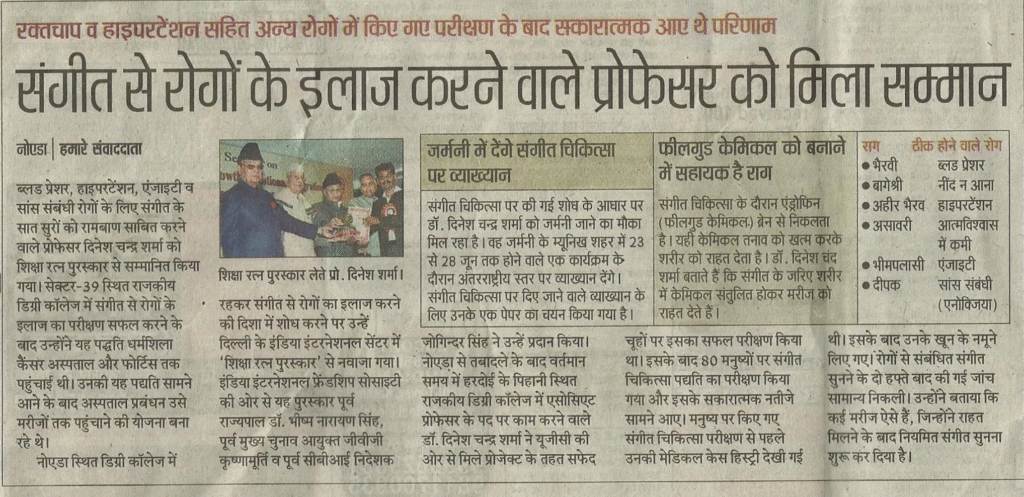
When asked how music therapy touches people’s lives, Jyoti shared practical examples. She recalled a study where students’ performance was evaluated under normal conditions and then again after listening to structured music with set parameters. The results showed that students were more focused and scored better when music was incorporated into their routine.
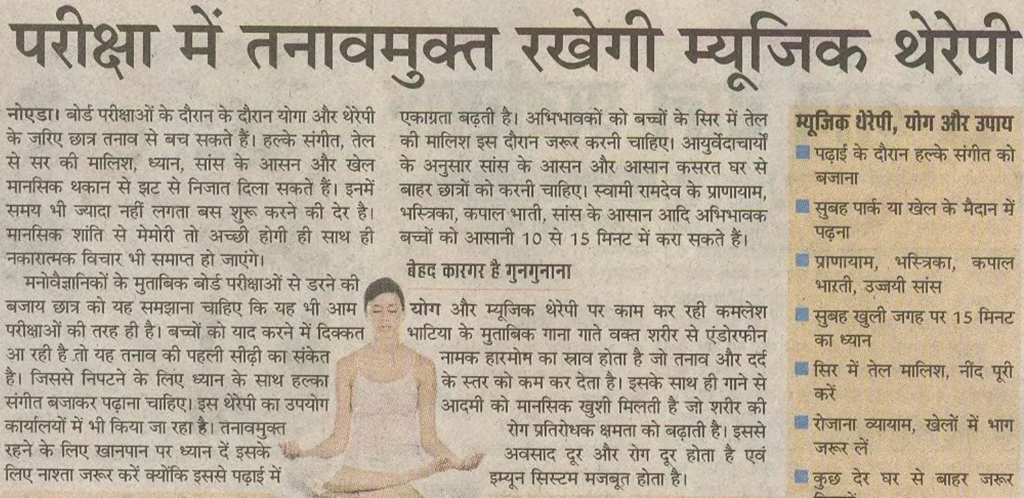
This finding directly challenges the earlier belief that music could be a distraction during studies. Instead, Jyoti’s research proves that music, when applied correctly, can significantly enhance concentration and performance.
She further explained how ragas have specific therapeutic effects. For example, certain ragas can bring calmness, reduce anxiety, and restore emotional balance. She emphasized that music is not just entertainment but an organized pattern of sound that works as therapy when applied systematically.
Breaking Myths and Building Acceptance
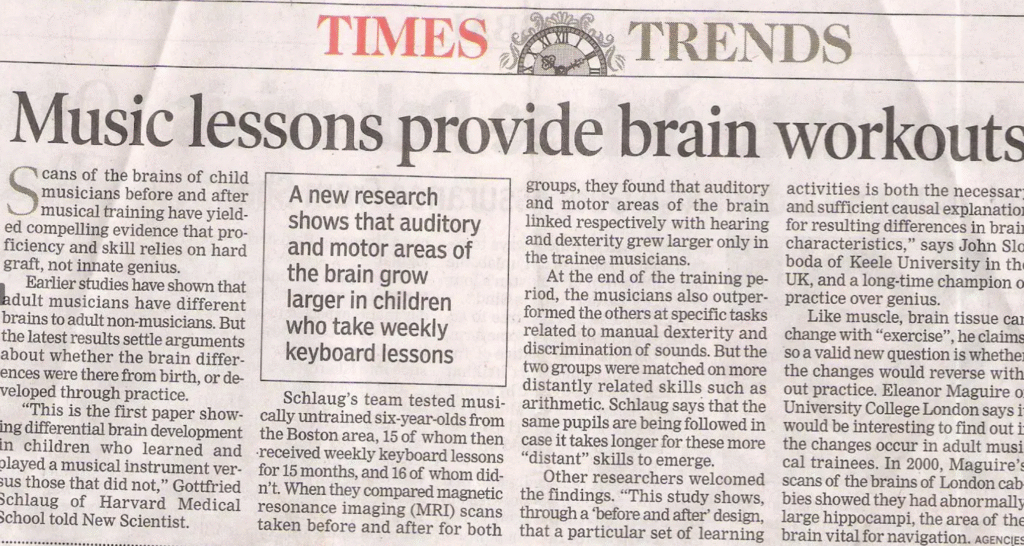
Jyoti also highlighted the need for greater acceptance of bio-musicology in mainstream health and education systems. For too long, people have dismissed the idea of music having measurable scientific benefits. She urged that instead of rejecting such possibilities, people should at least give music therapy a try.
According to her, the evidence is already strong, improvements in blood pressure regulation, stress reduction, and enhanced focus have been observed. Bio-musicology, she said with confidence, is truly the need of the hour.
Scope for the Future
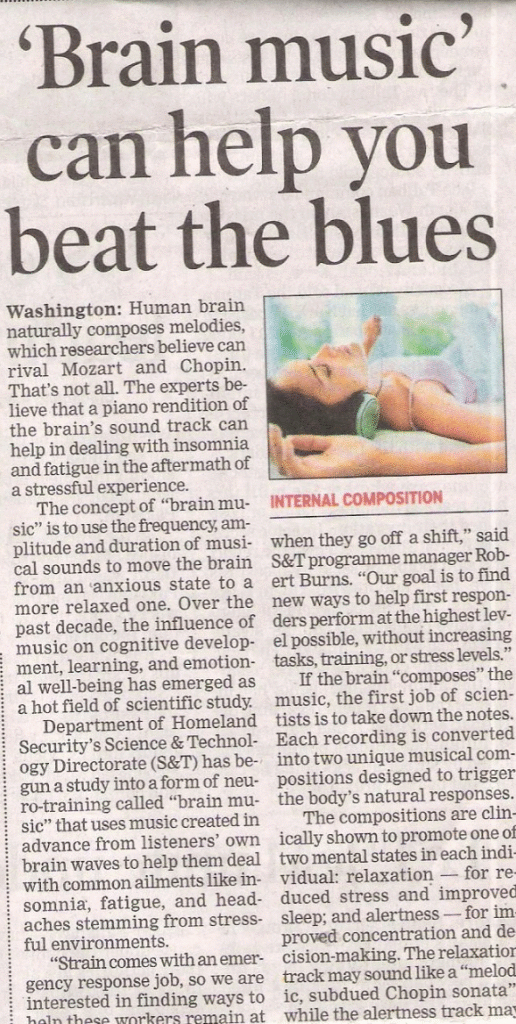
As a Gen Z researcher, Jyoti believes this field holds huge career potential. Opportunities range from pursuing a PhD in music therapy to becoming certified music therapists and researchers. She mentioned that IAMT offers structured programs and training for those interested in pursuing bio-musicology as a profession.
For Jyoti, this career is not just a profession but a passion. The very idea of how an organized pattern of sound can heal, balance, and transform fascinated her, and continues to drive her work.
Conclusion
This insightful conversation with Jyoti Sharma reaffirmed that music goes far beyond melody and rhythm—it has the power to heal, focus, and transform lives. With young researchers like her leading the way, supported by pioneering institutions like IAMT and the Maharshi Ved Viyasa Bio-Musicology Lab, India stands at the forefront of a new scientific and cultural movement.
As Jyoti says, the time has come to look at music not only as an art form but also as a healing science. And perhaps, the next time you listen to a raga, you’ll feel more than just peace—you’ll feel its therapeutic power at work.
Connect with SAMVAAD Connect & IAMT
At SAMVAAD Connect, we are dedicated to exploring new dimensions of mental health, music therapy, and wellness. This podcast with Prof. Sharma was an eye-opener, and we’re excited to bring the full episode to you soon.
Stay connected with us:
- Website: www.samvaadconnect.com
- Instagram: @samvaadconnect
- YouTube: SAMVAAD Connect
- LinkedIn: SAMVAAD Connect
- Call / WhatsApp: +91 9811901985
Also explore:
- IAMT – Indian Association of Music Therapy
- IAMT LinkedIn: Indian Association of Music Therapy
- IAMT Instagram: IAMT
- Prof. (Dr.) Dinesh C. Sharma: LinkedIn
Final Word: Music as Medicine
This Classical Music Month, let’s remember: music is more than melody. With pioneers like Prof. Sharma leading the way, bio-musicology in India is proving that healing can be as simple, and as profound as listening to the right raga.
At SAMVAAD Connect, we invite you to stay tuned for the full podcast. It’s time to experience music not just as art, but as a scientific partner in health, happiness, and human connection.
Saumya D Tewari
